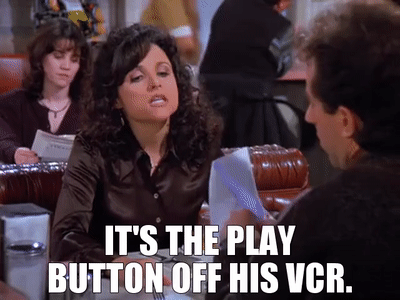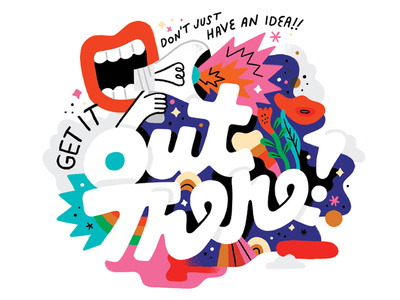Around here, we do words as well as we can. And sometimes we do them pretty well, though we try not to brag about it (pun intended). Yet for all our wit and repartee, it’s unlikely, in any event, that we could have out-quipped Muhammed Ali – also known as the “Louisville Lip.”
Ali passed away a little over a year ago. He was only 74. One of the greatest athletes of the 20th century, he also had a way with words that few athletes (or design firms) have ever been able to rival. Ali was known for hurling insults and boasts at lightning speed, shutting reporters down in the first round, and mincing his opponents at press.
Here are some of his memorable quotes, all of them reasons to have avoided going toe-to-toe with the legend in a battle of wits.
On boxing and life:
“If you even dream of beating me you’d better wake up and apologize.”
“I’m not the greatest. I’m the double greatest. Not only do I knock ’em out, I pick the round. I’m the boldest, the prettiest, the most superior, most scientific, most skillfullest fighter in the ring today.”
“It isn’t the mountains ahead to climb that wear you out; it’s the pebble in your shoe.”
“I should be a postage stamp. That’s the only way I’ll get licked.”
“It’s just a job. Grass grows, birds fly, waves pound the sand. I beat people up.”
“Impossible is just a big word thrown around by small men who find it easier to live in the world they’ve been given than to explore the power they have to change it. Impossible is not a fact. It’s an opinion. Impossible is not a declaration. It’s a dare. Impossible is potential. Impossible is temporary. Impossible is nothing.”
Before fighting Sonny Liston in 1964, he even wrote a poem:
“…now Clay swings with a right, what a beautiful swing
And raises the bear straight out of the ring;
Liston is rising and the ref wears a frown
For he can’t start counting ’til Liston comes down;
Now Liston disappears from view, the crowd is getting frantic
But our radar stations have picked him up somewhere over the Atlantic;
Who would have thought when they came to the fight
That they’d witness the launching of a human satellite?
Yes the crowd did not dream when they laid down their money
That they would see a total eclipse of the Sonny.”
Leading up to and following “The Rumble in the Jungle,” his 1974 fight against George Foreman:
“Float like a butterfly, sting like a bee. His hands can’t hit what his eyes can’t see. Now you see me, now you don’t. George thinks he will, but I know he won’t.”
“I done something new for this fight. I wrestled with an alligator. I tussled with a whale. I handcuffed lightning, I thrown thunder in jail. Only last week I murdered a rock, injured a stone, hospitalized a brick. I’m so mean I make medicine sick.”
“Champions aren’t made in the gyms. Champions are made from something they have deep inside them: a desire, a dream, a vision. They have to have last-minute stamina, they have to be a little faster, they have to have the skill and the will. But the will must be stronger than the skill.”
“I’m so fast that last night I turned off the light switch in my hotel room and got into bed before the room was dark.”
“The Thrilla in Manilla,” 1975, his third and final bout with Joe Frazier:
“I saw your wife. You’re not as dumb as you look.”
“It will be a killer and a chiller and a thriller, when I get the gorilla in Manilla.”
Later in life:
“People say I talk so slow today. That’s no surprise. I calculated I’ve taken 29,000 punches. But I earned $57m and I saved half of it. So I took a few hard knocks. Do you know how many black men are killed every year by guns and knives without a penny to their names? I may talk slow, but my mind is OK.”
“What I suffered physically was worth what I’ve accomplished in life. A man who is not courageous enough to take risks will never accomplish anything in life.”
“I’m not afraid of dying. I have faith; I do everything I can to live my life right; and I believe that dying will bring me closer to God.”
“Live every day like it’s your last, because someday you’re going to be right.”
posted by: Andrew | category: random thoughts the writing life | make a comment











